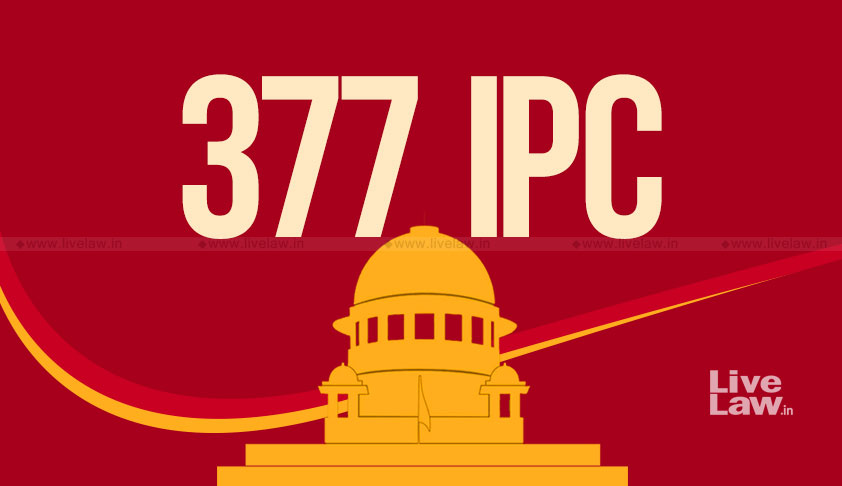Privacy Bench Affirms LGBT Rights, Disagrees With Suresh Koushal Judgment On 377 IPC
LIVELAW NEWS NETWORK
24 Aug 2017 4:13 PM IST

Next Story
24 Aug 2017 4:13 PM IST
During the hearing of the right to privacy matter, Justice Chandrachud had observed orally that if privacy is accepted as a fundamental right, then the Supreme Court’s judgment in Naz Foundation (upholding constitutional validity of Section 377 IPC) will not be a good law. Now authoring his judgment on behalf of Justices Khehar, Agarwal and Abdul Nazeer as well, Justice Chandrachud has in...
